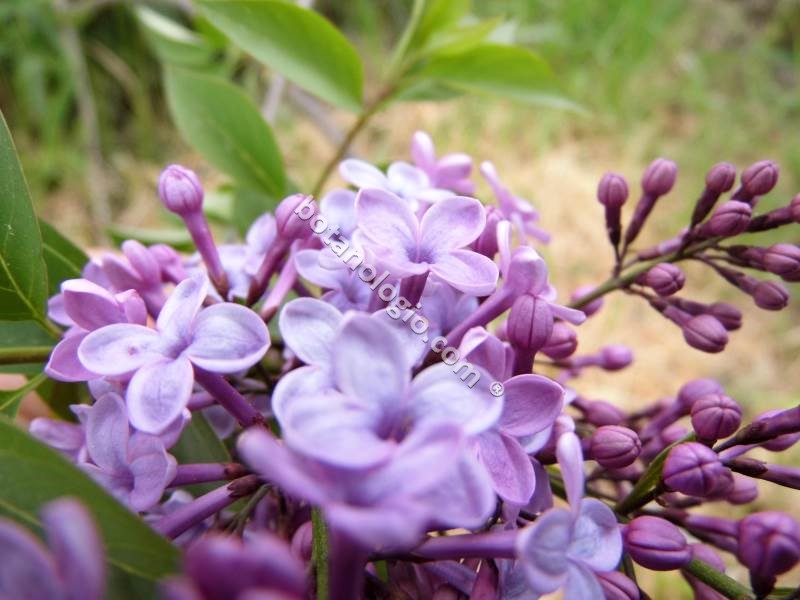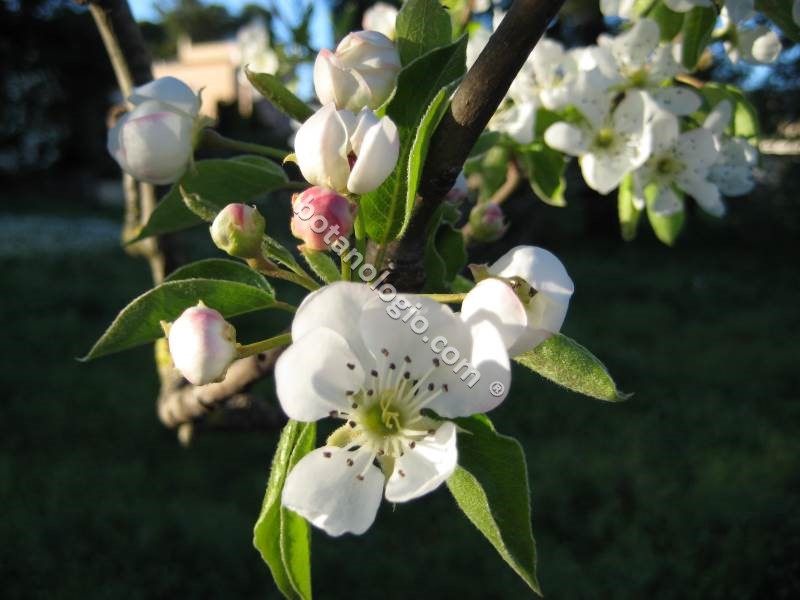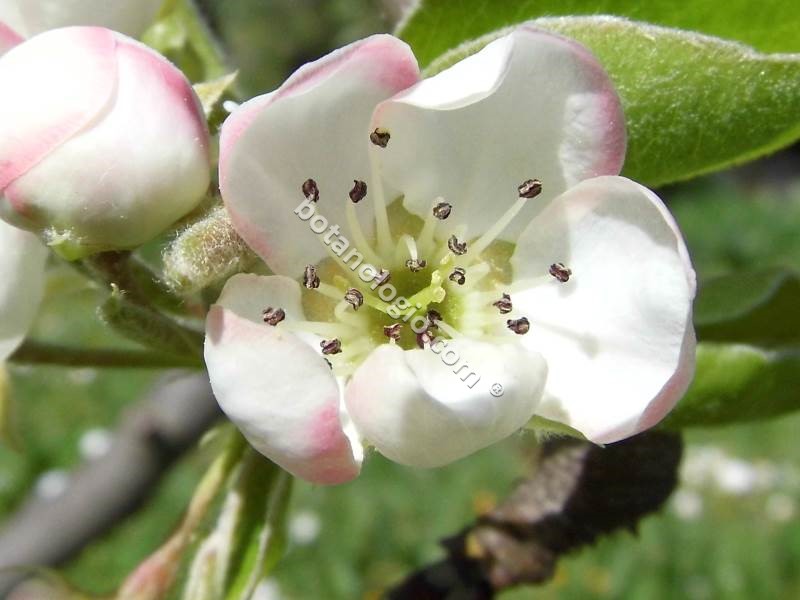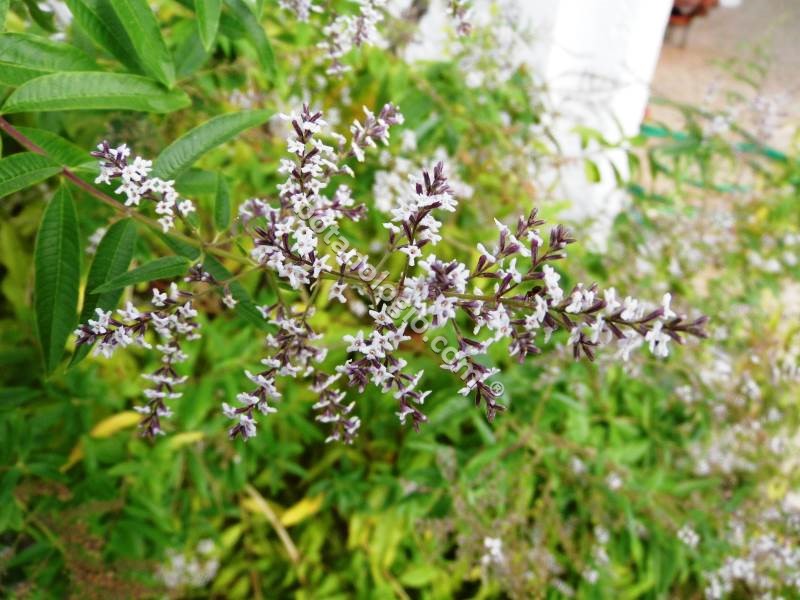Spicy Herbs Part 2

Following the first part about spicy herbs, we continue, with the reference of the most common spices, and their contribution to the human body.
First and foremost known is black pepper. We use it almost everywhere in cooking and it honors us with the minerals and antioxidant protection it offers to our body. Black pepper is a natural source of manganese and iron, covering a large percentage of the daily amount that we need. Like most spicy herbs, it speeds up digestion by activating the production of gastric juices, while at the same time it relieves and prevents the feeling of discomfort, heartburn and bloating after a meal. The antioxidant properties of black pepper are offered to treat premature aging of the body and prevent many types of cancer.
Chili is also an herb with all the typical properties that spicy herbs offer. In addition to its antiperspirant action on the body and heat production (something that seems very useful in cases of febrile cold and diet because it increases the metabolsim), it contains ingredients beneficial for the circulatory system and the protection of the heart. The protection of cells and the body is a given, as it is considered a powerful antioxidant, while consumption also protects the respiratory system from infections and acts as an expectorant. Consumption of chili in our diet, disinfects the digestive system, while the symptoms of colds become tolerable, as it works as a decongestant for both the nasal cavity and the lungs. It is a natural source of vitamin C and A. From the same pepper, we get tabasco and cayenne pepper. When we buy chili powder, it usually consists of red pepper, sweet red pepper, oregano, cumin, garlic and some people add cloves. Bukovo, which is a variety of small Greek powdered pepper, has the same properties as chili.
Another famous spice, which is even spicier, is tabasco. Here, it should be noted that almost all spice powders come from seeds or dried pepper varieties. So tabasco belongs to a variety of chili peppers. Tabasco is a mixture of this variety mixed with other ingredients such as vinegar. Its properties are the same as those of chili pepper, but less active.
Cayenne pepper to complete the relatives of chili spices, is also a powerful antioxidant, due to the β – carotene contained in pepper, it protects the cardiovascular system and acts as an anticoagulant. As a result, it reduces the risk of heart attack and stroke. It is a natural source of vitamin C, A, B6, K, manganese and folic acid. In addition to boosting the immune system, it is anti-inflammatory and a natural, mild analgesic.
Another spicy herb with many healing properties is cinnamon with its wonderful aroma. One of the most effective herbs for treating indigestion, and general stomach disorders, with warming properties important for improving blood circulation and aphrodisiac properties. Clove, a medicine for toothache and bad breath, is preferred by many in cooking for the special aroma it gives to food. In addition to its aroma and spicy taste, clove is antimicrobial and anti-inflammatory, (hence the treatment of toothache and bad breath) while protecting the stomach from bloating and heartburn.
Hot paprika, commonly used in sausages and meat in general, has similar properties to the above, with a higher content of vitamin C than that found in oranges and lemons.
In relation to the digestive system, nutmeg proves to be beneficial, as it stimulates the digestive process, soothes and stimulates the stomach, while coriander is active and excellent for the general improvement of health. This herb, in addition to its wonderful taste and aroma, stimulates the kidneys and stomach, has a diuretic effect, lowers blood cholesterol levels and relieves all the symptoms of stomach and intestinal disorders. Coriander contains iron and vitamins C, A, and B complex.
Anise, warming, stimulating and antispasmodic, can not only improve the overall function of the digestive system, but also stimulate liver function and the circulatory system. Its antispasmodic action helps in cases of colic, nervous cough and asthma. Cumin, stimulates the heart, effectively treats stomachache and helps a lot in proper digestion.
Turmeric also has anti-inflammatory and bactericidal effects, protecting the digestive system from infections and helping to maintain its healthy function. It is a powerful antioxidant and protects against free radicals, but excessive consumption can cause serious digestive disorders.
Sichuan pepper, of Chinese origin, is used in all meats and is very hot. Useful for treating stomach pain, indigestion and hypertension.
Some powdered spices are a mixture of all the above herbs in different combinations. As a result, their properties are proportional to the herbs and the percentage we use. Allspice, for example, is a mixture of cinnamon, nutmeg, cloves and black pepper. The Indian mixture of garam masala, consists of cumin, nutmeg, cinnamon, cloves, laurel, black pepper and coriander. It is considered an appetizer and digestive. Finally, curry powder consists of cumin, turmeric, black pepper, ginger, coriander and mustard powder.
It is good that the herbs we use are bought in their original form and not crushed to avoid possible tampering, while they should be stored in a dry and shady place. You should always remember that consumption needs moderation, especially if there is sensitivity or intolerance of the digestive system. Overconsumption has opposite effects, such as vomiting and diarrhea. During pregnancy, use should be made only on the advice of a doctor. People with sensitive respiratory systems and people suffering from ulcerative colitis should avoid hot spices.
Read about the spicy herbs and spices in the 1st part!
black pepper, chili, cinnamon, clove, cumin, greek herbs, herbs, herbs for indigestion, hot spices, pepper, spices, spices vitamins, spicy herbs





